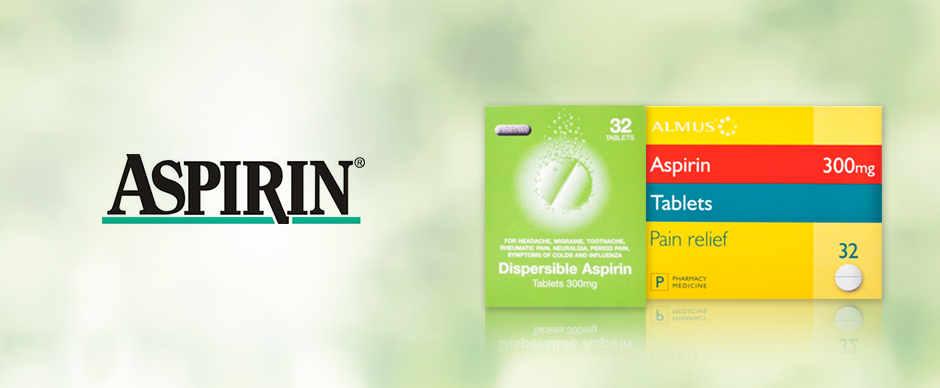
Headaches: Prevention and Treatment
Headaches are perhaps the one affliction that we all know too well. More than 10 million people in the UK are prone to headaches, making them the most common health complaint. But, thankfully most headaches are fairly easy to treat.
A “headache” can generally be defined as a pain anywhere in the head or neck region. Headaches can be symptom of a number of different conditions of the head and neck. Interestingly, the brain tissue lacks pain receptors and is not sensitive to pain. Most headaches that we feel are caused by some disturbance to other pain-sensitive areas surrounding the brain—the cranium, muscles, nerves, arteries and veins, subcutaneous tissues, eyes, ears, sinuses, and mucous membranes.
Health specialists have estimated that there are more than 250 types of headaches. Although a headache might be brought on for a number of reasons, they can usually be separated into two kinds:
Primary Headaches: due to an underlying health problem
Secondary Headaches: due to a separate cause, for example, illness
Most headaches are not serious and can easily be treated with the help of pharmacy remedies, natural remedies, or lifestyle changes. Most of the times getting proper rest and drinking enough fluid is all you need to cure up a headache!
Two most common primary headaches
Tension headaches account for 54% of all headaches cases. Tension headaches are generally caused by stiffness in shoulders, jaw, and neck muscles that is brought on by stress, depression, anxiety, a lack of sleep, overwork, unhealthy diet, or excess alcohol consumption.
The symptoms of a tension headache are bilateral pain (at both sides of the head) in a low to moderate intensity. This pain may or may not increase with physical activity; and if untreated, a tension headache can last anywhere between 30 minutes and 7 days. Tension headaches that appear more than 15 days a month are marked as “chronic headaches”.
Migraines are the second most common type of headache at 38% of all headache cases. It is more common in women than in men, especially during childbearing age due to hormonal changes in the body. Symptoms of a migraine are a severe throbbing pain in one or both sides of the head. It may also include sickness and sensitivity to bright lights and loud noises. Without treatment a migraine can last between 4 to 72 hours.
Treatment
If you suffer from headaches you will benefit from one or more of these preventative measures:
- Identify what triggers your headache and make appropriate changes to your lifestyle. Your headache might be triggered by a lack of rest, and unhealthy diet, or even hormone concentrations.
- Maintain a more organised daily routine to prevent the body from suffering an imbalance.
- Learn to relax. Do yoga or take time doing mediation to minimise your daily stress levels.
- Use Aspirin for effective reliever as soon as tension headaches and migraines start.
Caution: Consult your doctor if you feel a headache or migraine, stiff neck, loss of consciousness, eye or ear pain, or fever after an accident or getting hit. In these cases do not sign it off as a regular headache as it may be symptoms of a more serious underlying problem.

